Fiction is such a world of freedom, it's wonderful. If you want someone to fly, they can fly
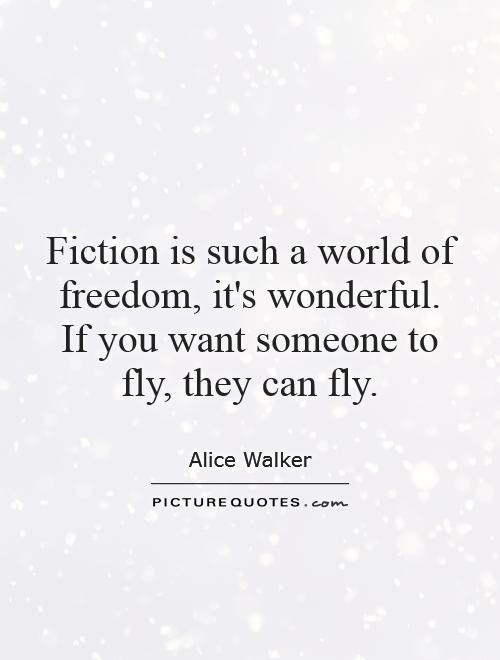
Fiction is such a world of freedom, it's wonderful. If you want someone to fly, they can fly
Alice Walker, the renowned author of "The Color Purple," is a master of using fiction as a world of freedom. In her works, she explores the complexities of race, gender, and social justice with a sense of liberation that allows her characters to soar to new heights. Walker's writing embodies the idea that in the realm of fiction, anything is possible. As she once said, "Fiction is such a world of freedom, it's wonderful. If you want someone to fly, they can fly."One of Walker's most famous works, "The Color Purple," is a prime example of how she uses fiction to create a world where her characters can break free from the constraints of society. The protagonist, Celie, is a young African American woman who faces oppression and abuse at the hands of her stepfather and husband. Through the course of the novel, Celie finds her voice and her strength, ultimately breaking free from the chains that bind her. Walker allows Celie to fly, both metaphorically and literally, as she finds her own sense of empowerment and liberation.
In Walker's writing, the idea of flying is not just a physical act, but a metaphor for breaking free from the limitations imposed by society. Her characters often face immense challenges and obstacles, but through the power of fiction, they are able to transcend these barriers and reach new heights. Walker's work is a testament to the power of storytelling as a tool for liberation and empowerment.
Furthermore, Walker's use of fiction as a world of freedom extends beyond her characters to her readers. Through her writing, she invites readers to imagine new possibilities and to challenge the status quo. By creating worlds where anything is possible, Walker encourages her audience to think outside the box and to envision a more just and equitable society.
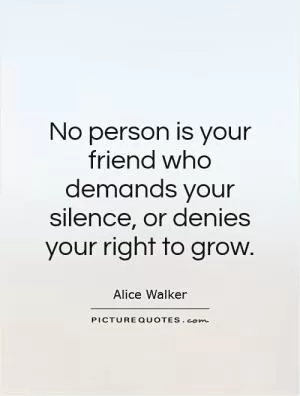
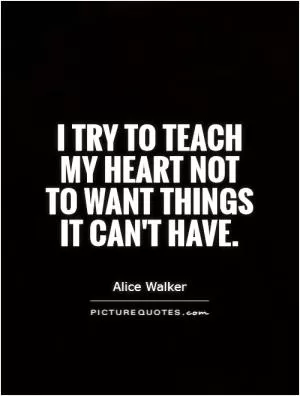
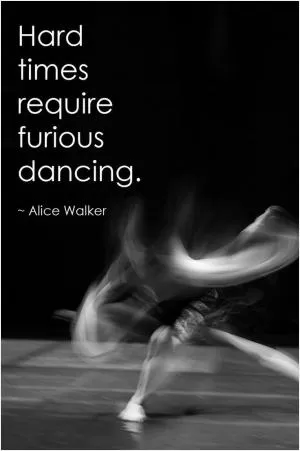

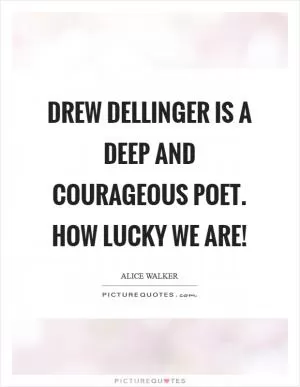




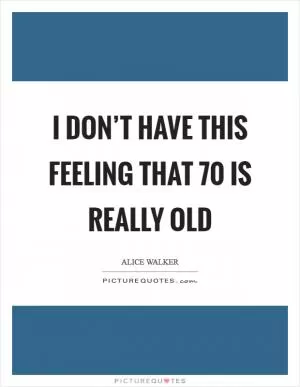

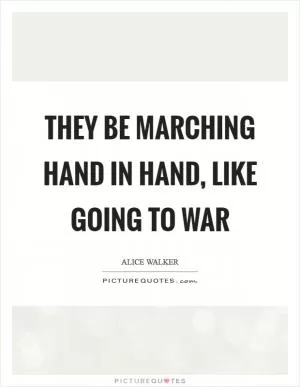
 Friendship Quotes
Friendship Quotes Love Quotes
Love Quotes Life Quotes
Life Quotes Funny Quotes
Funny Quotes Motivational Quotes
Motivational Quotes Inspirational Quotes
Inspirational Quotes